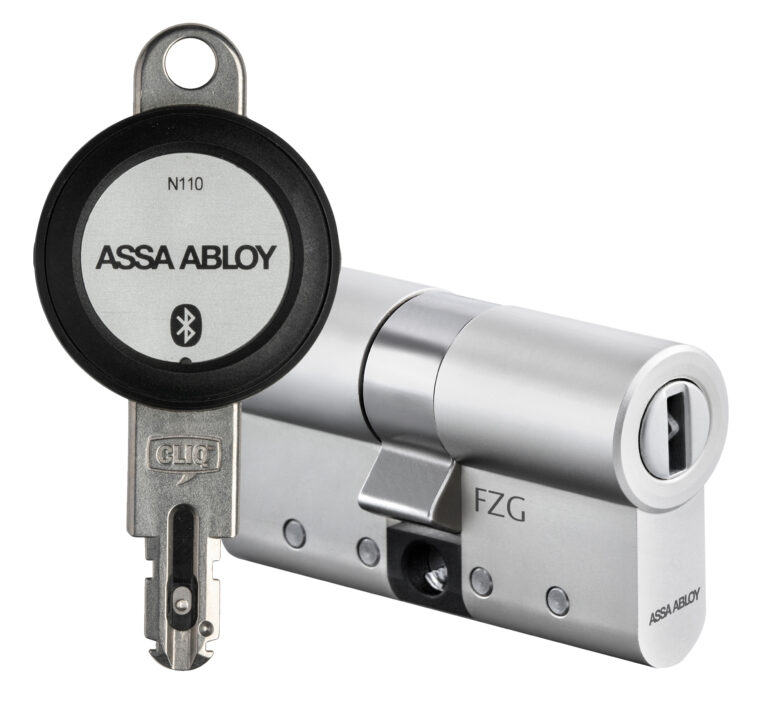August 11, 2006—Hawaii Governor Linda Lingle recently signed several energy bills designed to boost energy efficiency and encourage the use of renewable energy sources, according to a report from the DOE’s Office of Energy Efficiency and Renewable Energy (EERE).
Senate Bill 2957 raises the limits on the state’s tax credits for solar photovoltaic, solar thermal, and wind energy systems and makes the tax credits permanent. It also establishes a pilot project for utility financing of the cost-effective renewable energy systems, designed to encourage homeowners to install such systems as solar hot water. In addition, the bill encourages the use of biodiesel by such measures as establishing a preference for biodiesel when the state government buys fuel.
House Bill 2175 requires the state to lead by example, setting green building standards for state buildings; instructing state agencies to maximize their use of energy-saving contracts; appropriating $5 million for solar power systems in public schools; and requiring 20 percent of the state’s new vehicles to be hybrids, alternative fuel vehicles, or the most efficient vehicles in their class, with the percentage increasing to 35 percent in 2007 and to 75 percent in 2015. The bill also encourages new green buildings by giving them priority when they apply for construction permits.
Senate Bill 3185 strengthens the state’s renewable energy requirements by removing language regarding utility profits and authorizing the state’s Public Utility Commission (PUC) to set penalties for failing to meet the standards. It removes links between fossil fuel costs and the price paid to renewable power producers, and allows the PUC to determine if utilities should absorb some of the impact of rising oil prices. It also establishes a public benefits fund for energy efficiency programs, and allows the PUC to decide if an independent agency should run the programs instead of the utilities.
House Bill 2848 appropriates $200,000 to reconvene the Hawaii Energy Policy Forum to develop an action plan, timeline, recommendations, and benchmarks to meet the state’s energy self-sufficiency goals.




